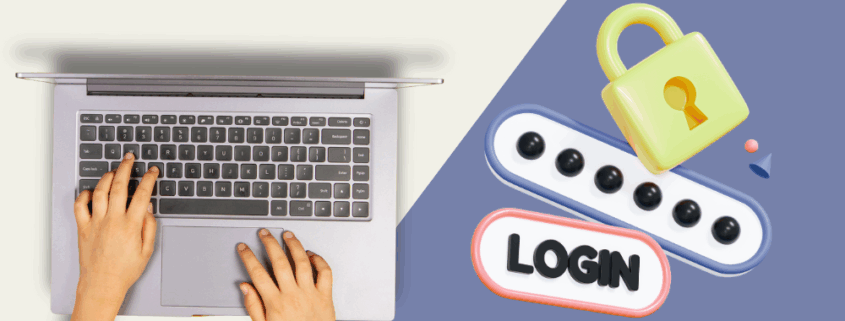The Dirty Truth About Poor Password Hygiene
We lock our doors at night, shred sensitive documents, and avoid clicking suspicious links but when it comes to passwords, many of us still leave the digital front door wide open.
Whether you’re logging into your email, banking app, or work systems, your password is often the first and only barrier between your data and a cybercriminal. Yet, despite how critical they are, passwords are frequently treated as an afterthought. Weak, reused, or poorly managed passwords are one of the most common and preventable security risks today.
So, what exactly is password hygiene, and why does it matter so much? Let’s break down the habits that put you at risk, and how to clean them up before they lead to a breach.
What Is Password Hygiene?
Password hygiene refers to the practice of creating, managing, and storing passwords in a secure and responsible way. Good hygiene includes using strong, unique passwords for each account, changing them regularly, and avoiding risky behaviors like writing them down or reusing them across platforms.
Poor password hygiene, on the other hand, includes:
- Using weak passwords like “123456” or “password”
- Reusing the same password across multiple accounts
- Failing to update passwords after a breach
- Sharing passwords via email or chat
- Not using multi-factor authentication (MFA)
Why It’s a Big Problem
Cybercriminals thrive on poor password habits. In fact, over 80% of hacking-related breaches are due to stolen or weak passwords. Once a hacker gains access to one account, reused credentials can open the door to a domino effect of compromised systems.
Real-World Consequences:
- Identity theft
- Financial loss
- Data breaches
- Reputation damage
- Legal and compliance issues
Common Myths About Passwords
Let’s bust a few myths that contribute to poor password hygiene:
- “My password is long, so it’s safe.”
Length helps, but complexity and uniqueness matter more. - “I only use one password, but I never share it.”
Reuse is dangerous, even if you keep it secret. - “I don’t need MFA; my password is strong.”
MFA adds a critical layer of protection that passwords alone can’t provide.
How to Clean Up Your Password Habits
Here are some practical steps to improve your password hygiene today:
- Use a Password Manager
Tools like 1Password, Bitwarden, or LastPass can generate and store strong, unique passwords for every account. - Enable Multi-Factor Authentication (MFA)
Always opt for MFA when available. Especially for email, banking, and work accounts. - Avoid Reuse
Never use the same password across different services. If one gets breached, all are at risk. - Change Passwords Regularly
Especially after a known breach or suspicious activity. - Stay Informed
Password security isn’t a one-and-done task, it’s an ongoing process. Staying informed means keeping an eye on cybersecurity trends, understanding how breaches happen, and knowing what to do if your credentials are ever compromised. Make it a habit to regularly review your accounts for unusual activity and stay updated on best practices for protecting your digital identity. Awareness is one of the most powerful tools you have in preventing password-related threats.
Final Thoughts
Password hygiene isn’t just a tech issue, it’s a personal responsibility. Whether you’re an individual user or part of a larger organization, taking steps to improve your password practices can dramatically reduce your risk of cyberattacks.
So, the next time you’re tempted to use “password123,” remember: the dirty truth is that poor password hygiene could cost you more than just your login, it could cost you your security, privacy, and peace of mind.
Want to learn more about protecting your digital environment?
📞 Contact BEI to explore cybersecurity solutions, training, and support tailored to your needs.



